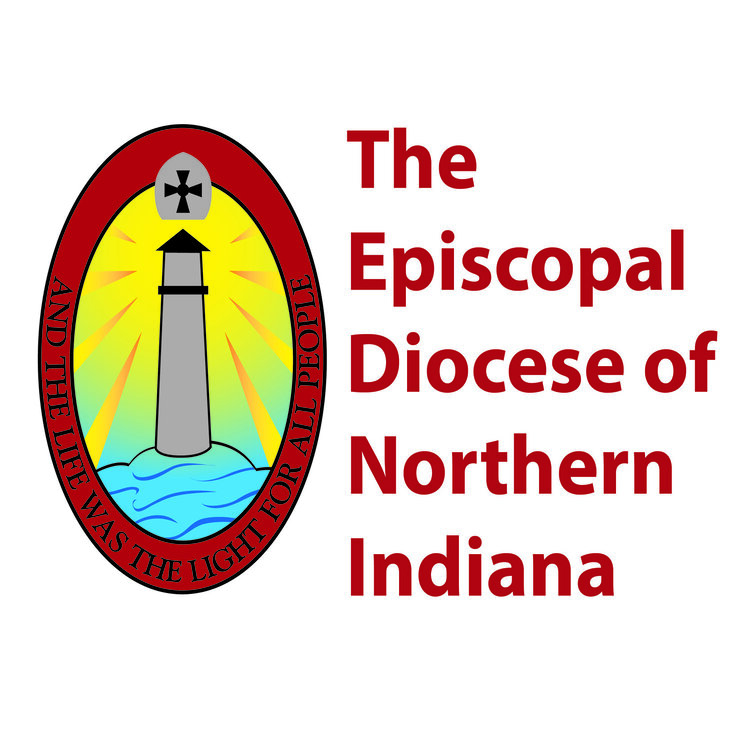Episcopal Church Presiding Bishop and Primate Michael Curry and the leaders of the Evangelical Lutheran Church in America (ELCA), the Anglican Church of Canada and the Evangelical Lutheran Church in Canada have prepared a series of devotions to observe the Season of Creation 2020, September 1–October 4.
The season, which begins on September 1 with the World Day of Prayer for the Care of Creation, is a time to join with the global Christian community in renewing, repairing and restoring commitments to God, to one another and to all of creation. For the four churches, it is also a time for strengthening relationships with one another. Through Scripture, hymns, advocacy and action, the weekly devotions, which are designed to be bulletin inserts for each of the five Sundays during the Season of Creation, begin Sunday, September 6, and invite people to live out their vocation as stewards of creation.
“We pray that our actions as stewards of God’s good creation will continue to deepen not only in this season, but for all time,” said The Rev. Elizabeth A. Eaton, presiding bishop of the Evangelical Lutheran Church in America (ELCA). “Even as our relations as churches are not bound by national or ecclesiastical borders, neither is our witness to the One who came to redeem all of creation.”
In addition to Eaton, the devotions were contributed by the Most Rev. Michael B. Curry, presiding bishop and primate, The Episcopal Church; the Rev. Susan C. Johnson, national bishop of the Evangelical Lutheran Church in Canada; and the Most Rev. Linda Nicholls, archbishop and primate of the Anglican Church of Canada.
“I pray that these reflections will open hearts and minds to experience our relationship in and with all of creation in new ways,” said Nicholls.
The first devotion for Sunday September 6 introduces the theme of “Renewing, repairing and restoring,” in which Curry, Eaton, Johnson, and Nichols stress the significance of a collective responsibility in caring for creation. They reflect, “Waking up to matters of climate justice and environmental stewardship are among the most important callings people have today. Over many years, through many voices, our churches have come to a growing conviction that loving our neighbor includes loving Mother Earth as a neighbor.”
“It is timely, relevant and exciting for our churches to join together in prayer, worship and reflection during the Season of Creation,” said Johnson. “With open hearts, minds and souls may we discern new actions and practices to show love for God’s creation.”
Curry said, “In this season of activism as we seek God’s liberating, life-giving love for all, may these prayers and devotions inspire us to care for a world in which all creation can flourish.”
The relations among the four churches have moved more closely toward “mutual recognition,” bringing into mutual relation the Episcopal and ELCA churches through the “Called to Common Mission” agreement in the United States and the Anglican and ELCA churches of Canada through the Waterloo Declaration. A Memorandum of Mutual Recognition (MMR) was approved by both Canadian churches in July 2019. The 2019 ELCA Churchwide Assembly adopted constitutional changes embracing the Anglican Church of Canada, and in November 2019 the Church Council adopted the MMR. One notable feature of the MMR is that it cites the experience of Indigenous people “not divided by national borders established by colonialist power” as grounds for expanding shared life among the churches. Once The Episcopal Church acts, the mutual recognition of the four churches will come into full effect.
The Season of Creation devotions are available here and here.
(Shared from a press release from the Office of Public Affairs.)













